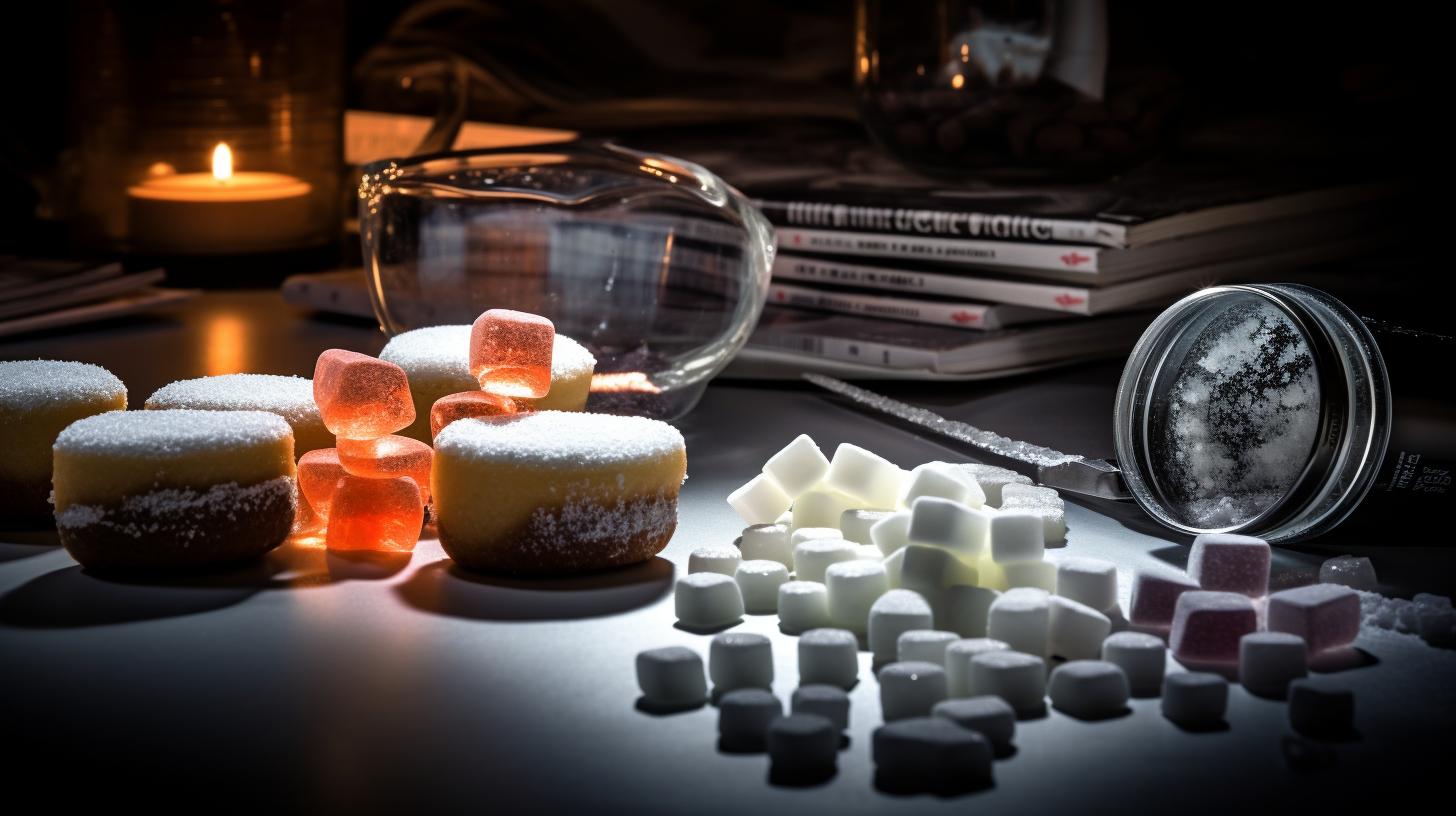Ever seen a toddler on a sugar high? They run amok around the house, absolutely unstoppable, fueled by what seems like a hundred tiny combustion engines within their tiny forms. Once the candy wrappers are cleared away and the sugar rush begins to wane, they drop into a dead slumber, completely exhausted from their adventure. If you thought this was an exclusive preserve of childhood, prepare to have your mind blown because when it comes to sugar cravings, we never quite outgrow our toddler ways.
Chances are, if you’re reading this, you are in a war with your sweet tooth, wrestling with insanely hard-to-resist sugar cravings. You’ve tried everything, diets, exercise, going cold turkey…but every time you walk past a dessert store the smell of freshly baked cupcakes or warm chocolate cookies drifts your way and voila! You’re back to square one. Sugar, it seems, has you in an unshakeable stranglehold.
Why is it so? Is there some devious little “sugar monster” inside us that just won’t rest until we’ve consumed a day’s worth of calories in brownies and ice cream? Or could there be a more profound, physiological reason behind this relentless craving?
The short answer is – our bodies are messing with our minds. And it all begins with a hormone called Ghrelin.
Known as the ‘hunger hormone’, Ghrelin stimulates the appetite, increases food intake and promotes fat storage. It’s like that wicked friend who knows you’re on a diet but keeps tempting you with chocolate pastries. This hormone is released primarily in the stomach and travels through your bloodstream to your brain, where it tells you that you are hungry. The levels of Ghrelin in your bloodstream are influenced by many factors, such as how much you’ve eaten, your stress levels, and – this may surprise you – the amount of sleep you’ve had.
Scientific studies have shown that lack of sleep can significantly increase the levels of Ghrelin in your body, leading to increased sugar cravings. Research from the University of Chicago and the University of Wisconsin revealed that your Ghrelin levels rise by about 15% for every hour of sleep that you miss. So staying up late to meet a deadline or binge-watch your favourite show on Netflix could be the real culprit behind your midnight raid on the refrigerator!
This sleep-deprivation induced sugar craving is your body’s survival mechanism in action. Sleep deprivation causes your body to use more energy – energy that your body tries to replace by craving calorie-dense sweets. It’s like your body is running on empty and is screaming for a quick fuel refill – and sugar is the fastest fuel source it can think of.
Now that we’ve identified the real culprit behind the seemingly insatiable sugar cravings, the good news is that there are effective ways to deal with it:
1. Prioritize Sleep: Aim for seven to nine hours of quality sleep each night. Consider establishing a consistent sleep schedule and creating a relaxing bedtime routine. Keep in mind, the timing of when you get your sleep affects your Ghrelin levels. So, hit the hay on time!
2. Have Protein-rich Meals: Eating meals high in protein can decrease Ghrelin levels and promote feelings of fullness. This, in turn, can help reduce your sugar cravings.
3. Reduce Stress: Practicing mindfulness and stress-reducing activities can help keep those Ghrelin levels in check. Meditation, yoga, or simply reading a book can help manage your stress and thus control your appetite.
4. Regular Exercise: Physical activity helps to reduce Ghrelin levels and control food cravings. It simultaneously releases chemicals like endorphins that improve your mood, meaning you’re less likely to reach for comfort foods.
In conclusion, your persistent sugar cravings might not be an emblem of your lack of will-power, but could be a sign that you need more sleep, less stress, and proper nourishment. It’s your body’s SOS signal, and it’s time we paid attention to it. The next time you’re wrestling with an intrusive sugar craving, don’t rush off to scold your indisciplined taste buds – get some quality shut-eye instead! Your body (and your waistline) will thank you for it.



